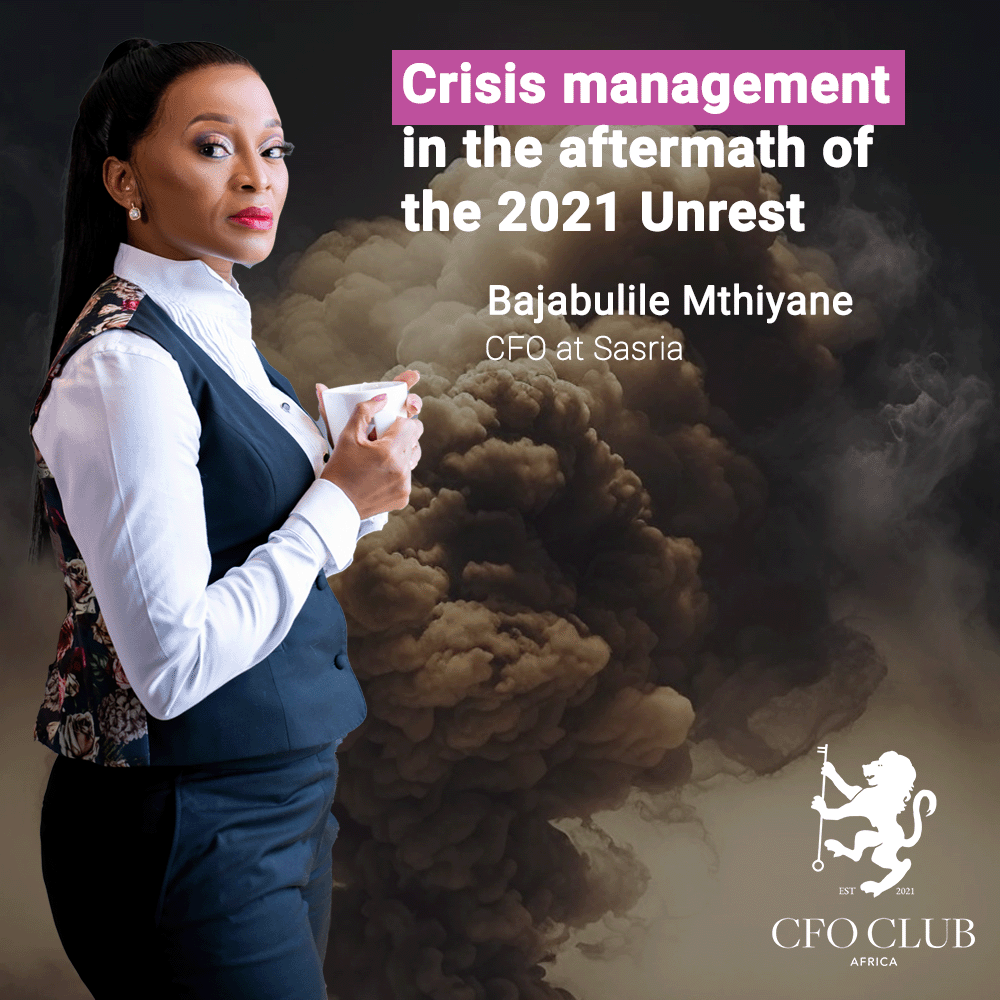You Can’t ‘Hope’ Your Way to a Turnaround. This Isn’t Load Shedding!
You Can’t ‘Hope’ Your Way to a Turnaround. This Isn’t Load Shedding!
If you are waiting for the dust to settle, you are already behind. A financial recovery is not something you manage when it is over. It is something you lead while everything is still uncertain. And as the finance lead, the responsibility lands squarely on your shoulders.
This is where accountants either prove their value or stay stuck in the back office. Recovery is not about clever forecasts or waiting for the perfect moment. It is about taking control, cutting what is not working, and focusing the business on what matters.
Step One: Face the Numbers Honestly
Forget the forecasts from last quarter. In a crisis, those numbers are irrelevant. Your first job is to get to the truth. Where is cash bleeding? Which clients have stopped paying? Which services are still profitable? Get a real-time view of your financial position and clean out anything that clouds that visibility.
No smoothing. No sugar-coating. No hoping it will improve next month. Look at what the business is really dealing with today. Then act.
Step Two: Cut the Dead Weight
If something is not earning, it should not be there. In recovery mode, everything must justify its place. Projects that sounded good in a boardroom but never produced results need to go. Non-performing services must be reviewed. Clients who cost more than they bring in need to be managed carefully or dropped.
You are not being harsh. You are protecting the core of the business. Your job is not to keep everything alive. It is to keep the business alive.
Step Three: Say What Needs to Be Said
This is not the time for vague updates or wordy emails. Your team, your board, your clients and your staff need clarity. Tell them what is happening. Tell them what you are doing about it. Tell them what they can expect next.
Do not delay bad news. Do not soften it with meaningless phrases. Get to the point and let people prepare. The more they understand the plan, the more likely they are to support it.
Step Four: Protect Cash and Speed Up Collection
If your debtors book is bloated and your follow-up process is weak, fix it immediately. Now is not the time to be polite about overdue invoices. Tighten your payment terms. Follow up aggressively. Offer early settlement discounts if it brings in cash.
Do not rely on credit lines to cover bad habits. Keep the money moving and give yourself breathing space. A good accountant in a crisis knows that cash flow is the only real scoreboard.
Step Five: Keep Decision-Making Simple
Recovery does not need more meetings or complex spreadsheets. It needs action. Focus your reporting on the numbers that actually drive decisions. Build short feedback loops. Create space for quick wins.
The longer it takes to make a decision, the worse the outcome. Make things easier to understand. Be clear about what is urgent and what can wait.
Step Six: Give People a Win to Hold On To
Morale drops quickly when results are poor and no one can see progress. You do not need to fake good news, but you do need to show movement. If collections improve, celebrate it. If costs are down for two months running, tell the team.
Show them that the plan is working, even in small ways. A recovery feels possible when people can see the business turning.
Step Seven: Rebuild What Was Missing
Once the immediate pressure starts to ease, use that space to fix what caused the damage. Was the reporting too slow? Were you too exposed to one income stream? Was the cost base bloated because no one challenged spending?
Do not waste the lessons. Build the controls, set the policies, and clean up the mess. Do it while the memory is fresh and people are open to change.
Where to Focus Now
If you are in a recovery, or about to enter one, do not wait for a workshop or a whiteboard session. You already know what needs to be done.
Clean up the data. Make fast, informed decisions. Strip out what is draining resources. Focus on what brings in cash and protects the business.
This is not about being perfect. It is about being clear, consistent and unafraid to lead when it counts.





